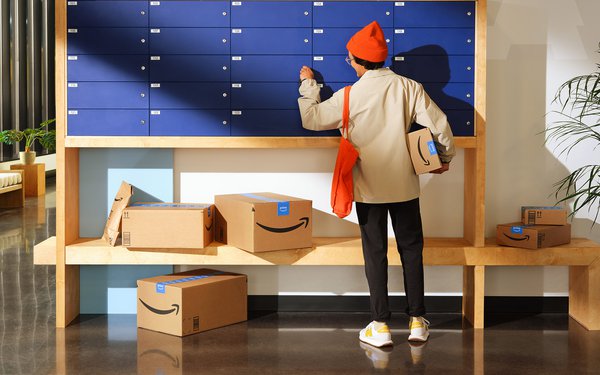
As
consumers prepare for Amazon Prime Day, they aren’t chasing indulgence — they’re stocking up instead. New research from Coresight shows shoppers are shifting from discretionary
splurges like beauty to everyday non-edible staples, essentials like laundry detergent and toilet paper.
Inflation and price pressures are clearly reshaping priorities, says Anand Kumar,
associate director of retail research at Coresight.
“Consumers are planning to spend more but get less,” he tells Retail Insider.
Amazon’s Prime Day, now
stretched to four days for the first time, continues to shape midyear spending across the retail ecosystem. In 2024, online spending during the U.S. Prime Day window hit $14.2 billion — up 11%
from $12.7 billion in 2023.
advertisement
advertisement
But while nearly 70% of U.S. adults say they plan to browse on Amazon during Prime Day, only 34% expect to buy, reflecting a widening conversion gap. And what
they’re planning to buy is changing fast.
Beauty — long considered recession-resistant — dropped from third to eighth in purchase intent. Grocery fell to 12th place, down
from eighth. Meanwhile, household essentials jumped to third place, trailing only apparel and electronics, each with about a quarter of respondents planning to browse or buy.

Interest in seasonal and vacation-related
items is also down. So is planned Prime Day spending on back-to-school gear, though overall BTS spending may rise elsewhere.
Kumar says the drop in grocery interest caught the Coresight team
— and even Amazon — somewhat off guard, especially given the company’s investments in fresh food and partnerships.
“Walmart and other offline retailers offer more
chances to explore,” he says. “As price concerns grow, shoppers want more control over their baskets.”
That’s also showing up in back-to-school shifts. While Amazon
still ranks high, Target and Walmart are gaining ground.
Coresight estimates that 76% of U.S. consumers now have access to Prime benefits, either directly or through household sharing. But
Kumar says the bigger story may be how consumers are thinking about value — and who they trust.
And he acknowledges that economic vagaries are quickly morphing to consumer skepticism,
with people asking themselves, “Is this inflation? Tariffs? Or just brands trying to gouge me?”
Adds Kumar: “That mistrust is growing.”
With price anxiety
rising and trust fraying, Kumar says the smart brands this Prime Day won’t just offer deals — they’ll earn them.